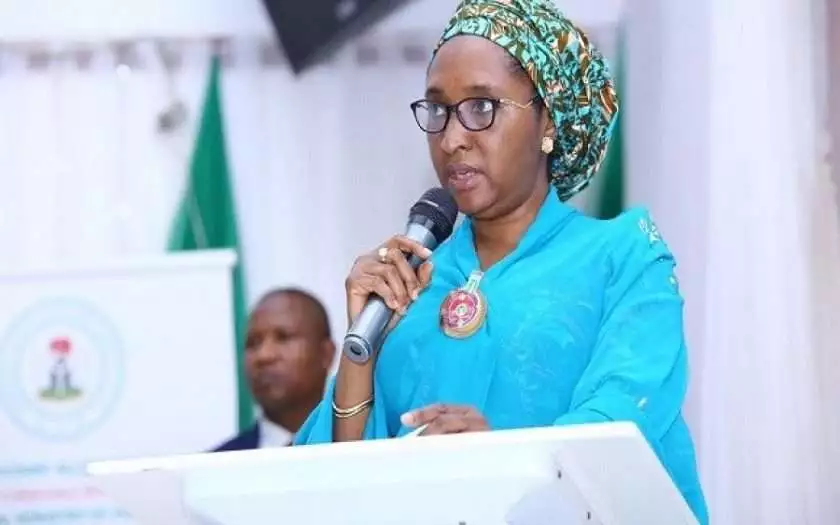The phased removal of petrol subsidy will commence next June, the Minister of Finance, Zainab Ahmed has said.
There are fears among Nigerians that the removal of subsidy on petrol will shoot up the price beyond the reach of many consumers of the product.
The managing director and chief executive of the Nigerian Petroleum Company, NNPC Limited Mele Kyari told the National Assembly last week that petrol will be sold for at least N400 per litre after the removal of subsidy.
Even though the federal government has already made a provision of over N3 trillion in the 2023 Budget for subsidy, Ahmed said there’s no going back on government’s decision to phase subsidy out.
Speaking at a media briefing at the close of the 28th Nigerian Economic Summit, NES#28, themed, “2023 and Beyond: Priorities for Shared Prosperity,” Ahmed described fuel subsidy as a double jeopardy for the Nigerian economy, which must be removed.
The minister said subsidy is no longer sustainable, but promised to continue to engage stakeholders on the benefits of government decision to phase it out.
“First, we have to engage. We have already engaged with the states and the public before it was approved as part of the medium-term plan,” Ahmed said.
She explained that subsidy is eating up into government’s funds, noting that it must be dealt with as soon as possible in order to free up resources for government to spend on critical areas of the economy.
Zainab said, “We have to do it by systematically informing the citizens about the size and quantum of the fuel subsidy. We also have to educate them about the opportunity cost of what we are unable to do because of the fuel subsidy.’’
“It is not money that we have; it is money that we have to borrow to maintain the fuel subsidy. Some countries introduced subsidies during COVID-19, and because of the Russia-Ukraine conflict, they are using their money to fund such subsidies.
“In our case, we are borrowing to pay the subsidies; that is double jeopardy. It is something that has to stop. We are glad that the majority of the people in decision-making positions, including the political parties, have agreed that subsidy is not sustainable.
”The plan is, by June 2023, we must have completely exited the subsidy regime, and it has to be a gradual process.’’
Meanwhile, analyst insist that it will be difficult to remove subsidy next year, as the new administration that’s expected to take over from the incumbent in May 29, 2023 will likely face a backlash from Nigerians if it tries to remove petrol subsidy as soon as it gets into office.
The incoming government will require more time to stabilize before taking a decision on such a critical issue, analysts said.
Discover more from The Source
Subscribe to get the latest posts sent to your email.








